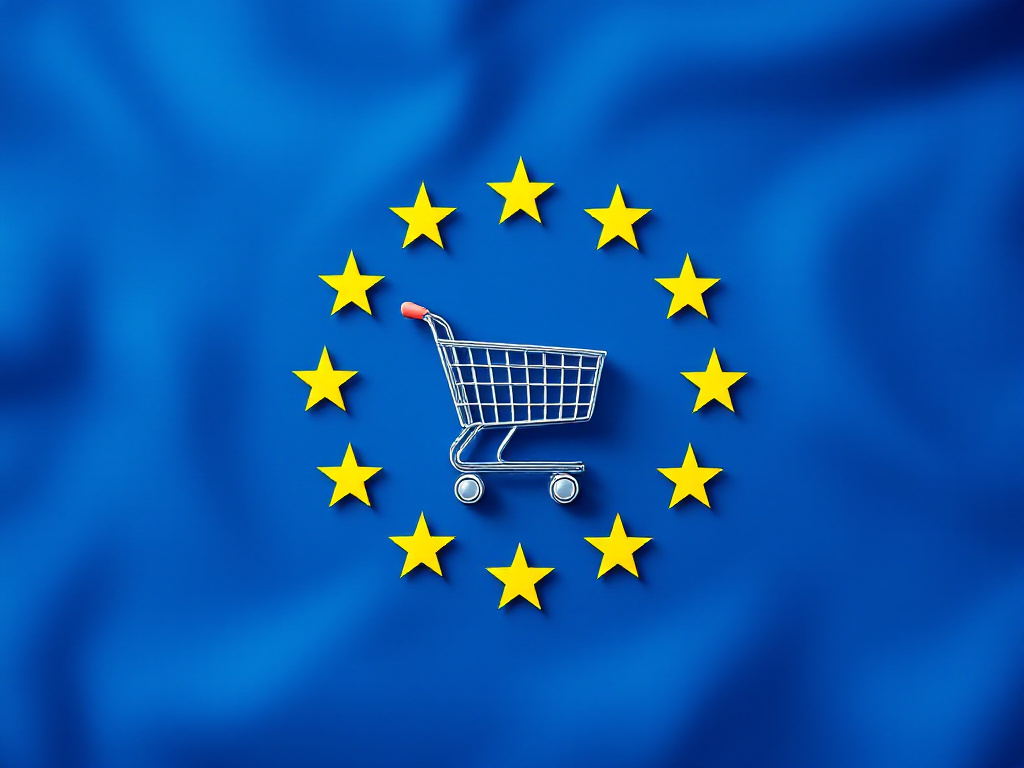

Very good post, I agree completely! It’s easy to let perfect become the enemy of good.
One thing I’d add is that many social media companies sneakily get their trackers added to random web pages or other services you might use, so doing random things on the internet could be included as extra engagement (and it also doesn’t require you to be signed up to their service in the first place, though it helps them). In this case their business is the data they collect on your behaviour, even outside of their own services, and the ads they can target to you using this on behalf of other entities who outsource their advertisements. It’s quite scary how ubiquitous this is.
I think what OP suggested here is a very good mindset to live by, and it will help a lot. If you wanted to go one step further, you could consider combining this with steps to try and prevent these companies from still harvesting your data when you’re not even aware that you’re using them, e.g., by blocking such trackers as much as possible.

The central command is there, but it’s led by America. This means that, if we rely on NATO mechanisms, America effectively controls collective responses by Europe, which is undesirable now that they are not on Europe’s side in the conflict with Russia, and they state over and over again that they intend to annex Greenland.
A European central command and standardisation between countries makes a lot of sense to me. If member states don’t want to give up autonomy, maybe with some kind of opt-out clause. That way the countries that are willing won’t need to coordinate poorly through dozens of bilateral communication channels, but can jointly operate with a common strategy, and at worst, not all member states would contribute to every action. Plenty of possibilities for problems still, but a step up from the current situation.
I would personally still prefer to see a more integrated European military, though. While we will have a bunch of low-population countries all doing all possible tasks poorly, instead of having some specialise to specific strengths and sourcing collectively, the EU will always be weaker militarily than a comparable force that is not split in such a manner.